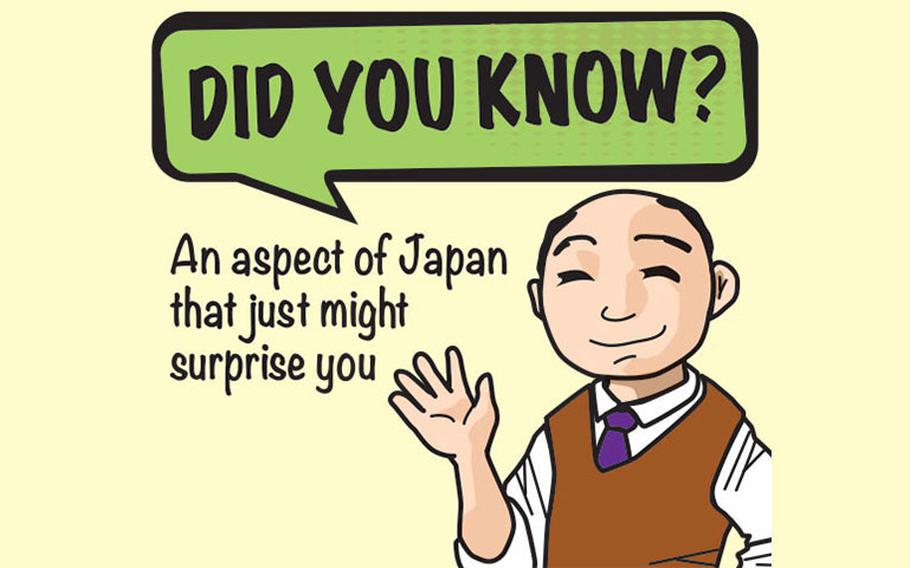
In Japan, the cultural significance of family names is deeply intertwined with national identity, heritage, and social structures. According to recent statistics, “Sato” stands out as the most prevalent surname in the country, held by approximately 434,000 families. This prominence is followed closely by other common surnames, including “Suzuki,” with around 384,000 bearers, and “Takahashi” and “Tanaka,” which have approximately 319,000 and 299,000 respectively. These surnames not only reflect the rich tapestry of Japanese genealogy but also hint at the social and regional affiliations of their bearers.
The dominance of these surnames is not merely a numerical observation but also carries implications regarding familial connections and cultural heritage in Japan. The significance of family names is especially pronounced in professional settings, where knowing a colleague’s surname can provide insights into their regional origins or familial lineage. In a workplace populated with Japanese individuals, it is common for employees to encounter one or more colleagues claiming one of these widely recognizable surnames, reinforcing the notion of shared culture in business interactions.
In addition to family names, the naming trends for newborns provide a compelling window into contemporary Japanese culture. According to a 2017 survey conducted by Meiji Yasuda Life Insurance Company, “Haruto” was noted as the most popular name for boys, while “Hana” held the distinction for girls. These names, often chosen for their beautiful meanings and phonetic qualities, reflect not only parental preferences but also cultural aspirations and values.
The landscape of names in Japan is further enriched by linguistic traditions, where names often carry significant meanings beyond their phonetics. This aspect is particularly visible in the way parents choose names that embody positive attributes or aspirations for their children, reinforcing the cultural importance placed on the meaning behind names.
In conclusion, the examination of family names and popular first names in Japan offers a glimpse into the country’s cultural and social dynamics. Understanding this context is essential for anyone working or interacting in Japanese settings, as names are not just identifiers but are steeped in history, tradition, and personal significance. As the nation continues to balance modernity with tradition, the evolution of names will undoubtedly reflect these ongoing cultural narratives.


